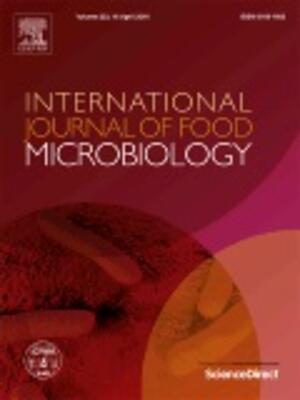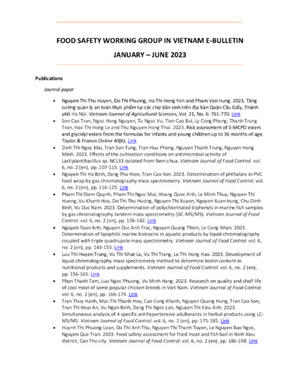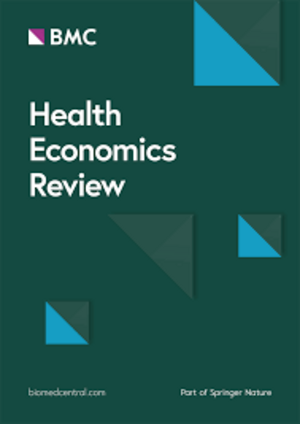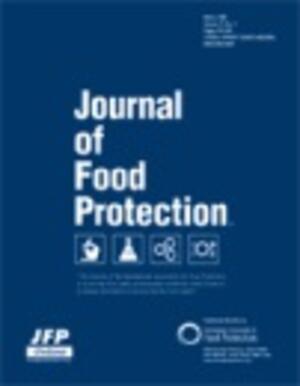
Assurance of marketed milk quality in Kenya
Abstract
Food safety standards require the implementation of specific standards from production-to-consumption. The Hazard Analysis Critical Control Points (HACCP) is now a widely accepted methodology in risk analysis for industrially processed foods. The application of HACCP is a bigger challenge in developing countries where food market channels are less formal.. This study adapted a HACCP methodology to assess health risks at different points in the informal milk marketing network. Key critical control points identified for high total bacterial counts were channels with multiple transaction points which took considerable time from the farm without refrigeration facilities. High coliform counts were associated with the use of plastic versus metal containers. Approximately 13% of samples were adulterated with added water. Recommendations for procedures to improve milk quality and how these can be communicated to farmers, market agents and consumers are proposed and discussed.
Citation
Mwangi, A.; Arimi, S.M.; Mbugua, S.; Kang'ethe, E.K.; Omore, A.O.; McDermott, J.J. 2000. Assurance of marketed milk quality in Kenya. Paper presented at the Faculty of Veterinary Medicine Biennial Scientific Conference, 30-31 August 2000, University of Nairobi, Kenya. Nairobi (Kenya): ILRI









